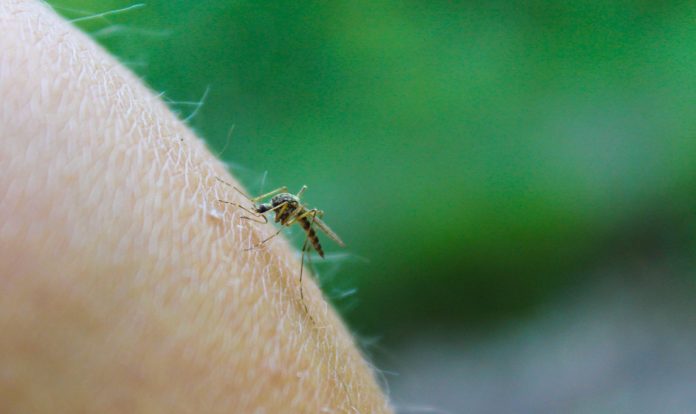New research published today highlights the serious risk that Japanese Encephalitis (JE) poses, with residents and travellers in South-Eastern Australia only recently being exposed to the virus for the first time.
The rapid review of the evidence, published in the Australian and New Zealand Journal of Public Health, comes ahead of the Easter holidays, when many Australians will flock to Japanese Encephalitis-affected regions, including Northern Victoria and along the Murray River.
The paper outlines that the JE virus can infect a large number of people in affected areas where mosquitoes carry the disease. Of those infected, it is estimated that approximately 1 in 100 people will develop illness, including a serious infection of the brain (encephalitis).
Of those who develop encephalitis, mortality is typically 20-30%, while 30-50% of cases develop long-term neurological disability following infection.
Article co-author Associate Prof Deborah Friedman, Deputy Chief Health Officer, Department of Health, Victoria, says the review reinforces that JE, a mosquito-borne illness, now poses a serious health threat across Australia.
“Australians are largely vulnerable to Japanese Encephalitis because they typically have not had prior exposure to the virus. Prior to 2022, the disease was found in the Torres Strait, Papua New Guinea and in Asia with only a small number of cases acquired in far north Queensland in the 1990s. However, locally acquired cases of the disease were reported in South-Eastern Australia in March 2022.
“In this study, we investigated whether there was evidence of JE infection among populations exposed to the disease for the first time. It is a rare but very serious health concern.
“It’s also a timely reminder that mosquito-borne diseases are circulating in Victoria and other parts of Australia. Testing in Northern Victoria shows that approximately 3% of people in affected areas where mosquitoes carry the disease have been infected – a much larger proportion of people than the number of reported cases of illness.
“If you live in or are travelling to affected regions this Easter, protect yourself from mosquitoes with repellent and wear light-coloured, loose-covering clothing. Avoid being outside at peak mosquito times including dawn and dusk and dispose of any stagnant water where mosquitoes can breed.
“Those who reside in 20 high-risk Victorian LGAs are also now eligible for free vaccination and should get vaccinated.”
Adjunct Professor Terry Slevin, CEO Public Health Association of Australia says this latest review shows why Australia needs to be well-prepared to tackle new and emerging public health threats.
“There is little doubt that the migration of Japanese Encephalitis into South-Eastern Australia is linked to climate change and we expect to see more of these climate-related public health issues in the future.
“This paper highlights the challenges when responding to a disease where we have limited relevant experience available to help determine the best course of action.
“Australia learnt a lot from our experience of COVID-19 and the Albanese Government promised during its election campaign to establish an Australia Centre for Disease Control to tackle exactly this sort of emerging threat.
“JE isn’t just an issue in Victoria – there have been cases in other states. As a hopefully well-resourced central body, the Australian Centre for Disease Control could coordinate the cross-border response to these public health incidents – including collating evidence, conducting surveillance, and where appropriate leading public education and vaccination availability and roll-out.”
Text by: Australian and New Zealand Journal of Public Health.









